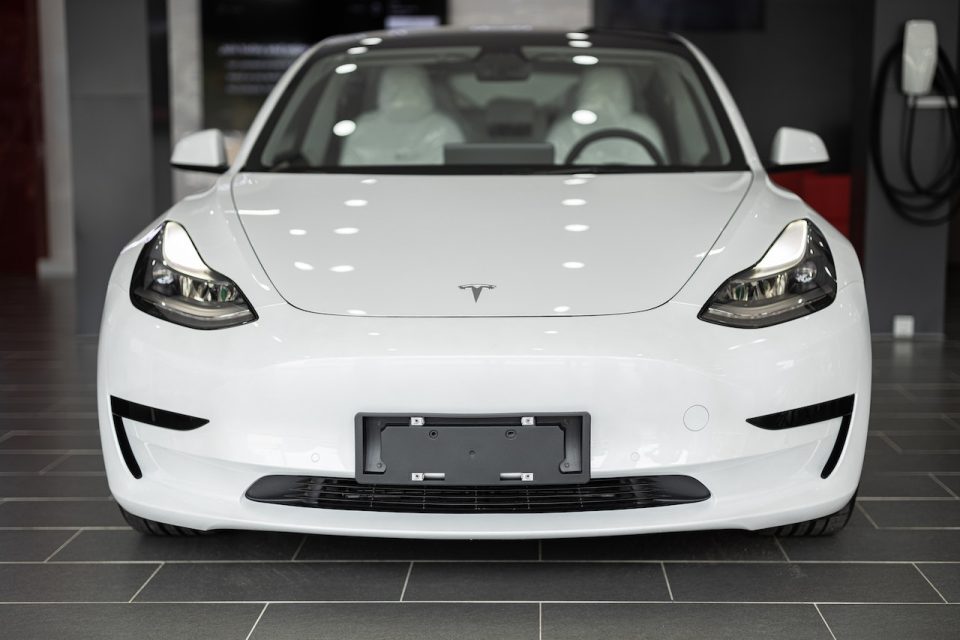Tesla, the American electric car manufacturer, has made significant downward revisions to its production targets at its Gruenheide plant in Germany, according to an investigative report by Business Insider. The company’s initial aim to produce 5,000 cars per day has been drastically scaled back to a mere 750 cars per day, an insider source has revealed. This revelation comes as a shock to the automotive industry and investors, raising questions about Tesla’s ability to meet its ambitious expansion goals.
In a surprising turn of events, the German production facility of Tesla, located near Berlin, has struggled to maintain its initial production targets of 5,000 cars per day. The company had previously touted its achievement of reaching the 5,000 cars per week milestone on X, the social media platform previously known as Twitter. However, insiders have now confirmed that this achievement was short-lived and unsustainable.
Workers at the Gruenheide plant informed Business Insider that production levels plummeted in the months following the purported accomplishment. The carmaker’s assurance of hitting its targets and the reduction of temporary hires contradicts these new revelations. While Tesla has remained adamant about staying on course, internal documents accessed by Business Insider paint a different picture.
Photographs of Tesla’s internal workflow software, analyzed by Business Insider, divulged a more modest production goal of under 4,000 cars per week for the months of July and August. This reduction in target output starkly contrasts with the company’s earlier claims, putting the automaker’s credibility into question.
Tesla’s recent strategy of lowering prices and implementing lucrative incentives to manage inventory and stave off competition has also attracted scrutiny. The company’s sporadic price reductions in both the United States and China, coupled with generous incentives, underscore Tesla’s desire to maintain market dominance amidst economic uncertainty.
While Tesla had grand ambitions to expand its Gruenheide plant’s capacity to produce a staggering 1 million cars per year, the company has remained tight-lipped about when it aims to achieve the more immediate goal of 6,000 cars per week. Despite an initial promising production rate of 4,000 cars per week in late February, Business Insider’s comprehensive investigation indicates a pronounced decline in output over subsequent months.
As of now, Tesla has refrained from offering an official statement in response to Business Insider’s exposé. The company’s long-term objective of manufacturing 1 million cars annually stands as a beacon of hope, yet the present circumstances paint a picture of a production process struggling to find its rhythm.
The revelations brought forth by the Business Insider report have triggered skepticism among investors and industry experts alike. Tesla’s future trajectory remains uncertain as it grapples with challenges posed by production bottlenecks, wavering output, and increasing competition in the electric vehicle sector. The company’s ability to rebound from this setback and achieve its ambitious goals will undoubtedly be closely monitored by stakeholders and observers as it navigates the intricate landscape of the global automotive industry.
Source: Reuters

